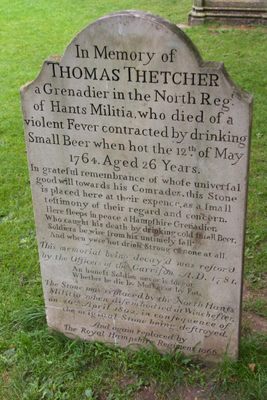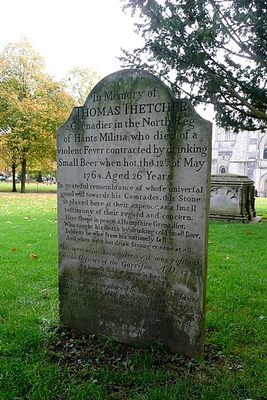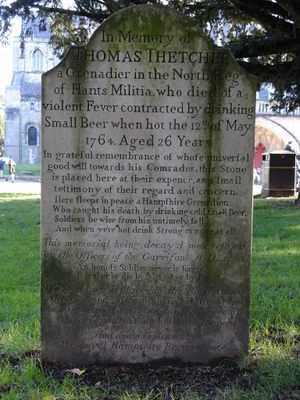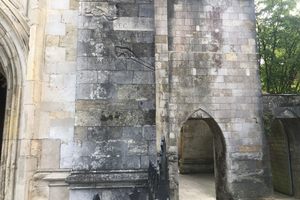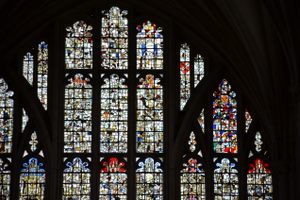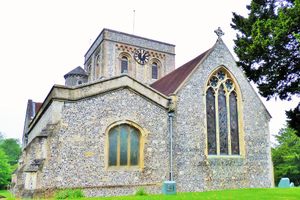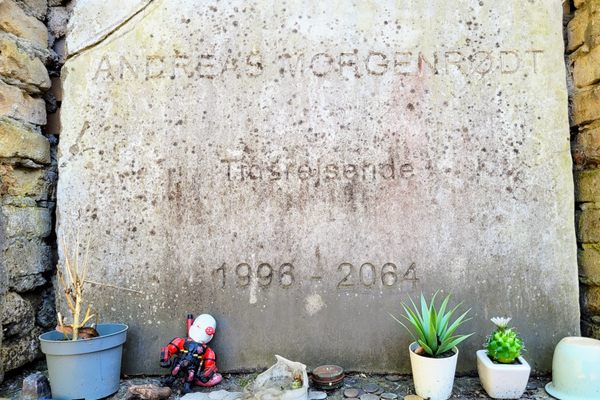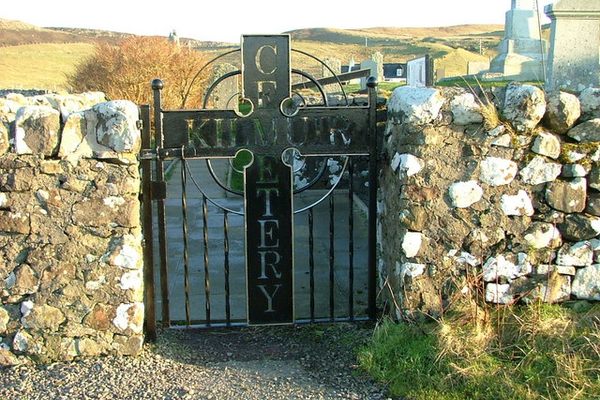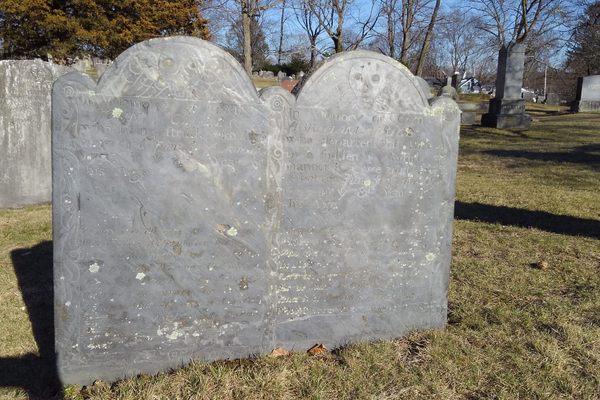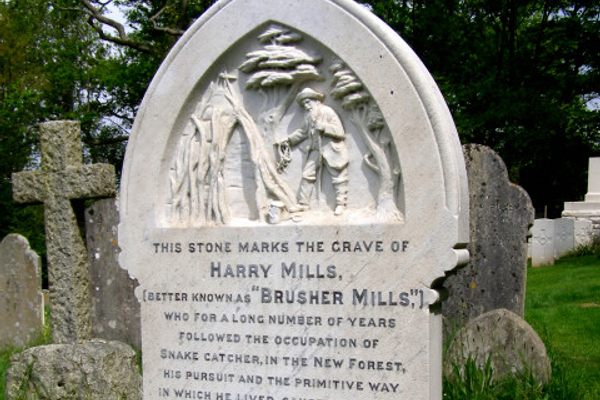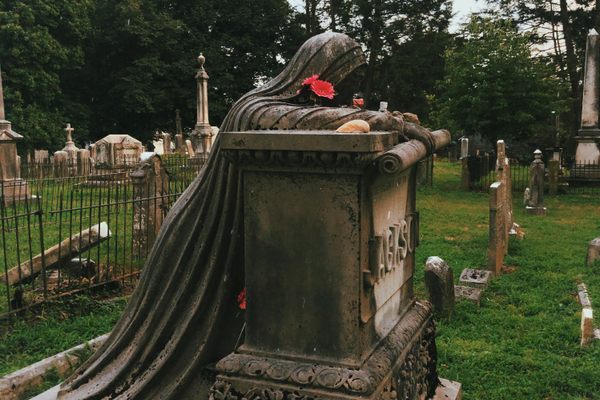About
During the late 18th century, Thomas Thetcher was a much respected soldier by his fellow grenadiers in the North Hants Militia. He was so revered that when he tragically died, his fellow soldiers commissioned a gravestone to memorialize his untimely demise. His death was not only untimely, but very bizarre, as it was not by sword, or gun, or cannon fire, but a drink that killed the soldier.
In a corner of the graveyard belonging to the Winchester Cathedral, Thetcher’s gravestone marks his final resting place. It also features this inscription:
“In Memory of Thomas Thetcher a Grenadier in the North Reg. of Hants Militia, who died of a violent Fever contracted by drinking Small Beer when hot the 12 May 1764. Aged 26 Years.
Here sleeps in peace a Hampshire Grenadier,
Who caught his death by drinking cold small Beer,
Soldiers be wise from his untimely fall
And when ye're hot drink Strong or none at all.
An Honest Soldier never is forgot
Whether he die by Musket or by Pot.”
Many years later in 1918, an American soldier stationed in Winchester visited the cathedral and came across Thomas Thetcher’s grave. The soldier, Bill Wilson, was deeply affected by the inscription that even years after returning from the war, it may have saved his life.
Wilson became a successful businessman shortly after returning home, but within a few years his life was controlled by heavy drinking. His drinking was so detrimental to his health that it was believed the only way to save his life was to lock him away. Against all odds, Wilson along with a fellow group of alcoholics found a way to achieve and maintain sobriety. He eventually wrote a book about his experiences, a book that is world-renowned, Alcoholics Anonymous. Wilson would go on to co-found "Alcoholics Anonymous."
In the 1939 version of his book, Wilson recounts his encounter with Thetcher’s grave and paraphrases the inscription. He considered the gravestone to be a major influence on his own recovery. Today, Thetcher’s gravestone remains visible directly opposite Winchester Cathedral. Many followers of the recovery movement travel from across the globe to visit Thetcher’s grave. The current headstone is a replica after the original became badly weathered. The original is now on display at the Regimental Museum in Winchester.
Wilson’s recovery has been inspirational to many, however, there is no evidence that Thetcher died from over-drinking. It's most likely that he passed from cholera or typhoid from a contaminated beer.
Other medical professionals have proposed that Thetcher’s death was the result of "deglutition syncope” or fainting when swallowing. This can occur when a particularly cold liquid is consumed on an extremely hot day.
Although we may not know the true cause of death, the gravesite is so well-known that Hampshire County Council designated it as a Hampshire Treasure of unique cultural meaning.
Related Tags
Know Before You Go
Looking outward from the main cathedral doors, the grave occupies a prominent place in the middle of the line of three trees on the right.
Published
February 11, 2020
